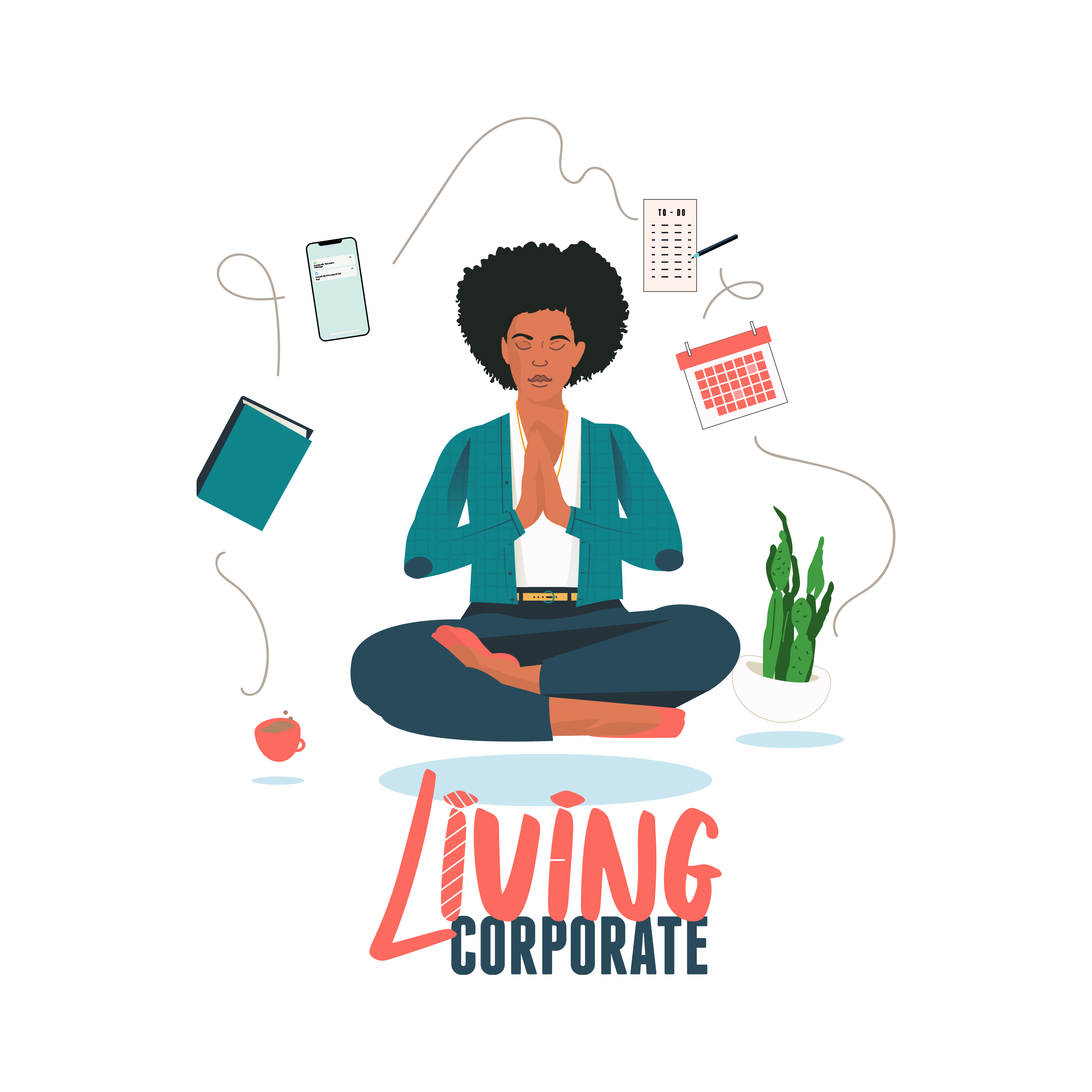
Episode Notes
Zach chats with Kanika Tolver, founder and CEO of Career Rehab LLC and author of Career Rehab: Rebuild Your Personal Brand and Rethink the Way You Work, on this special Saturday episode themed around rehabbing your career. A senior project manager with the U.S. Department of the Treasury, Kanika is no ordinary “social-preneur” – she’s a rebel entrepreneur and certified professional coach, a serial innovator who’s fueled by an extraordinary commitment to social change and helping others create their own “epic lives.” True to her book’s name, she outlines the importance of rebuilding your personal brand and rethinking the way you work, and she lists some of the telltale signs she experienced when she realized she needed to undergo a career rehab of her own.
Find out more about “Career Rehab: Rebuild Your Personal Brand and Rethink the Way You Work” on Amazon.
https://amzn.to/2EKA0GW
Connect with Kanika on LinkedIn, Instagram, Facebook and Twitter.
https://bit.ly/2EIyy80
https://bit.ly/3b4TpP5
https://bit.ly/2YMbFaR
https://bit.ly/2YK3ETU
Check out her personal website.
https://bit.ly/3juiRk1
Donate to the Justice for Breonna Taylor GoFundMe by clicking here.
https://bit.ly/2Y7snkY
Find out how the CDC suggests you wash your hands by clicking here.
https://bit.ly/2Ug4l5K
Help food banks respond to COVID-19. Learn more at FeedingAmerica.org.
https://bit.ly/2WD73Uk
Check out our website.
https://bit.ly/living-corporate
TRANSCRIPT
Zach: What’s up, y’all? It’s Zach with Living Corporate. Now, look, man, y’all know what it is. We’re coming to y’all with real, authentic conversations every single week. So we’re having these conversations talking about that real real, okay? We’re having conversations that center underrepresnted, marginalized, underestimated, oppressed voices, experiences and lived identities in the workplace, and today is no different, man. We have a great guest. Her name is Kanika Tolver. Kanika Tolver is no ordinary socialpreneur. She’s a highly decorated information technology federal government professional, rebel entrepreneur and certified professional coach and a serial innovator who’s fueled by an extraordinary commitment to social change and helping others create their own epic lives, not to mention she’s the CEO and founder of Career Rehab in Washington, D.C. Career Rehab focuses on assisting career transitions and transformations for students, professionals and retirees. Her company provides career coaching programs, events, webinars, and digital resources to help people reach their goals. She’s the acclaimed author of Career Rehab: Rebuild Your Professional Brand and Rethink the Way You Work. In that book and in the conversation today we’re going to be talking about, amongst a wide array of things, what’s holding you back from taking the next step in your career. She’s been featured on CNN, CNBC, CBS Radio, Yahoo, Glassdoor, Black Enterprise, Entrepreneur, The Washington Post–she’s been all over the place, you know what I’m saying? So without further ado, welcome, Kanika. What’s going on, now?
Kanika: What’s going on?
Zach: All right, so look, I read the bio, but let’s talk about, like, the why behind the career coaching and things that you do and really how you transitioned from tech and the public sector and, like, this social entrepreneur work that you’re doing now. Like, how did that come together?
Kanika: It came together because I was just really at a place where I felt alone at work, and I felt like, you know, I was growing professionally and I was making a lot of money, but I really felt like I wasn’t being my true, authentic self, and I really wanted to help people. Like, I wanted to help people get to the places that I was able to reach in my career, and not having a lot of support at work just kind of–you know, my passion was doing career coaching and helping people with resumes and stuff like that, so that’s kind of how I moved into the career development space.
Zach: So then let’s talk about, like, what were some of the key differences as you transitioned from working in the public sector, doing tech work to now going into personal career coaching?
Kanika: I mean, I still work in the technology industry for the federal government, so I still have my day job as a federal government employee, but what it kind of looks like as far as being an entrepreneur and having a full-time job, it’s pretty much me kind of been just building my career coaching clientele over the last three to four years. So I started off as a resume writer. I was helping people get a lot of good federal government job, a lot of good, high-paying tech jobs ’cause I was already in the industry, so I kind of started to do that and I started to kind of market myself online, and then I kind of transitioned into wanting a book deal and wanting to be an author and wanting to showcase a lot of the clients that had success with me in my book, but also I wanted to make sure that I was telling a true story of, you know, how my career life has gone for the past 10 years. I’ve had my own personal challenges. So that’s where Career Rehab kind of came into play, ’cause I felt like we all need career innovations. You know, we all need to take our career to the next level in some way, so.
Zach: You’re absolutely right. I also think it’s easy–when you consider, like, the history of America and, like, progress for Black and brown folks in the workplace, of course Black and brown people had jobs in corporate-like settings before the ’60s, but when you talk about that, like, real influx, we really haven’t been largely represented but for some less than, like, 50 something odd years, and we’ve only had all of our rights on paper–on paper–since, like, 1965, so… when you think about that, like, you and I, we’re like the first generation of folks born with all of our rights–or we’re the second generation. It gets kind of hairy, right, ’cause you think about, like, really Gen X, they’re the first generation of people who were coming into the professional space with all of their rights on paper, and even still today, right, there are still folks who are, you know, 30 or in their late 20s who are first-generation professionals, folks who graduated from college. So when you think about, like, career rehab, the concept of career rehab or just needing to, like, really assess where you’re at and what you’re doing, those things–that’s a novel concept for a lot of people who really just started getting into this space, you know what I mean?
Kanika: I agree. I think me being more of a millennial, I think the Gen X’ers, they were the ones that really set the tone for, you know, helping to establish good–I would say the baby boomers established work ethic, right, being loyal to jobs. That’s my parents’ generation, and then you have the Gen X’ers who they started to get educated, they started to get jobs, but the millennials I think are the game-changing generation because we wanted more than just the education and the job. We want passionate work. We want work that matters. We want people to know our worth, and I think that Gen X’ers were a little bit more like “I’ma just do what I’m told to do and this is my job, I got it, I got my papers, I got my college degree, I got my education,” but they didn’t really rock the boat the way millennials and the newer generations are rocking the boat within the workplace.
Find out more at https://living-corporate.pinecast.co

